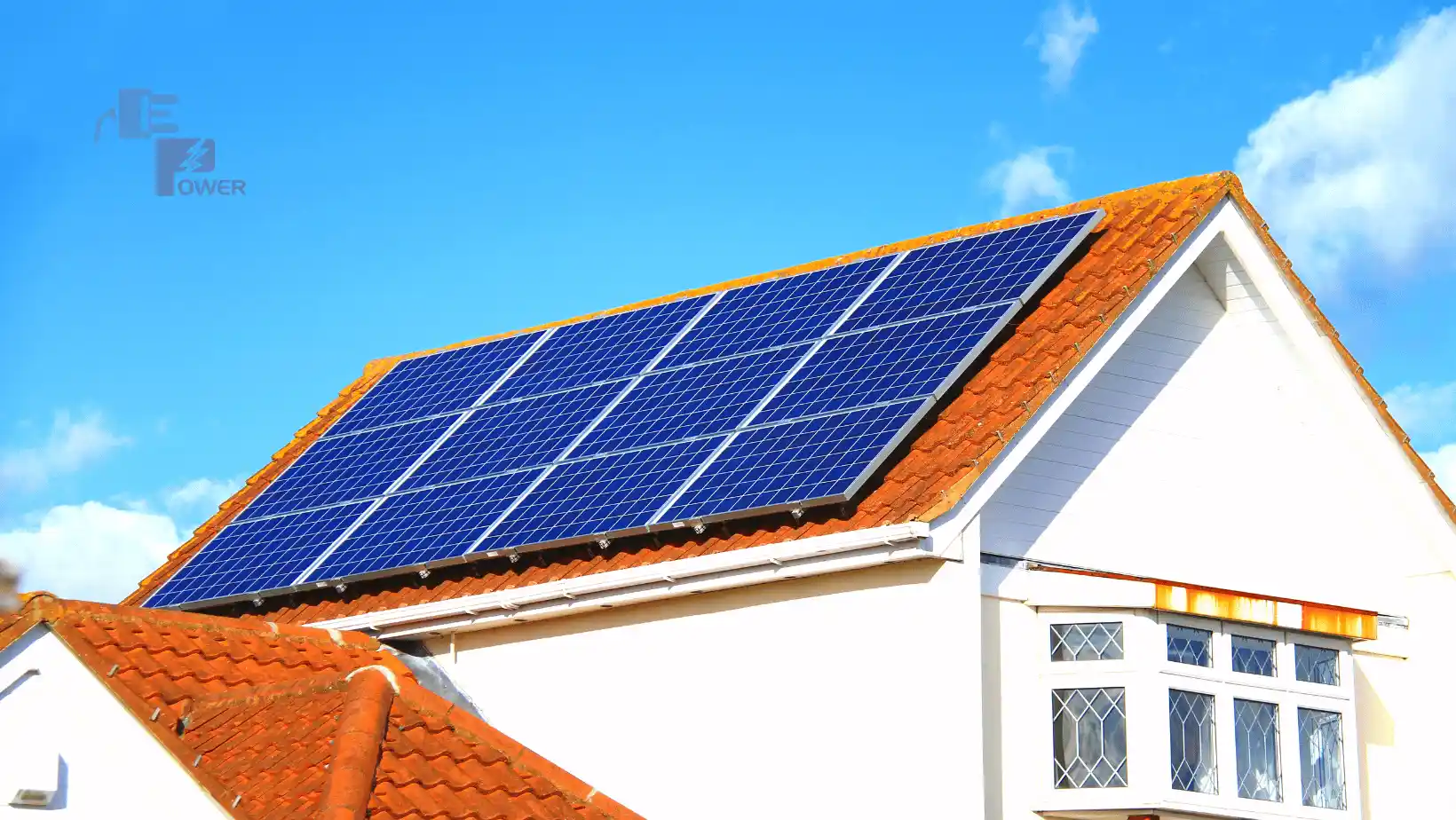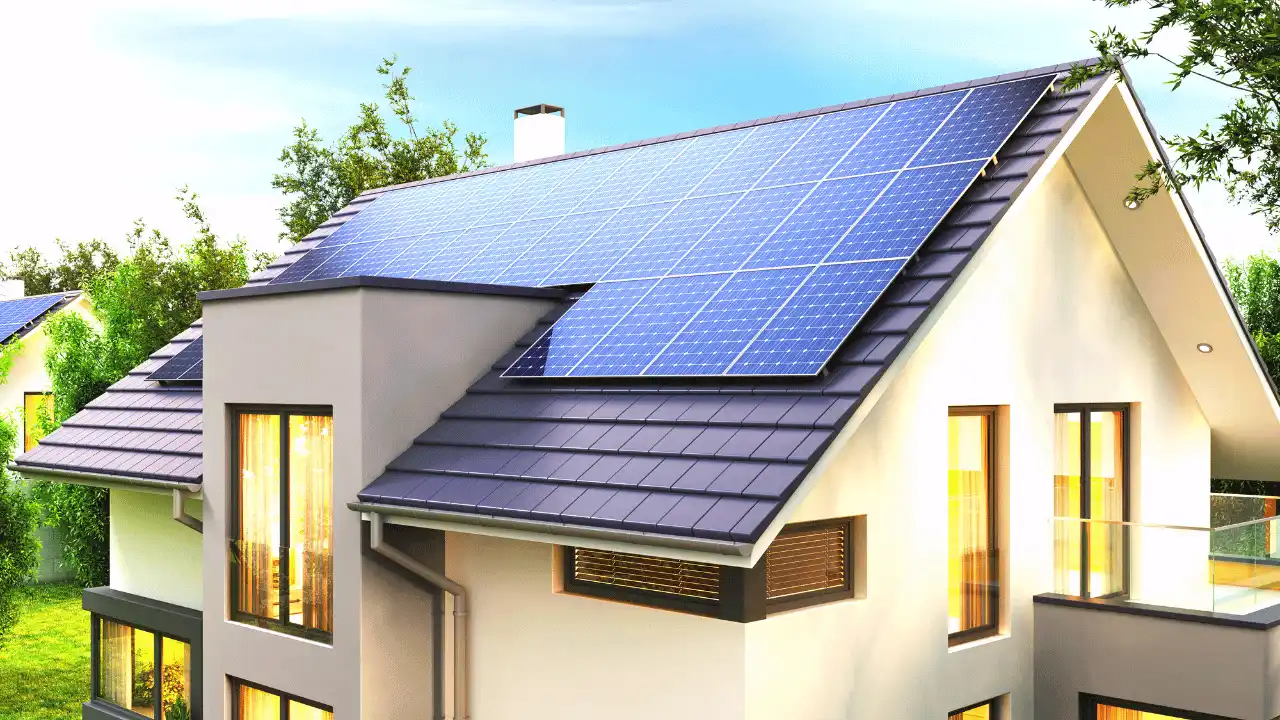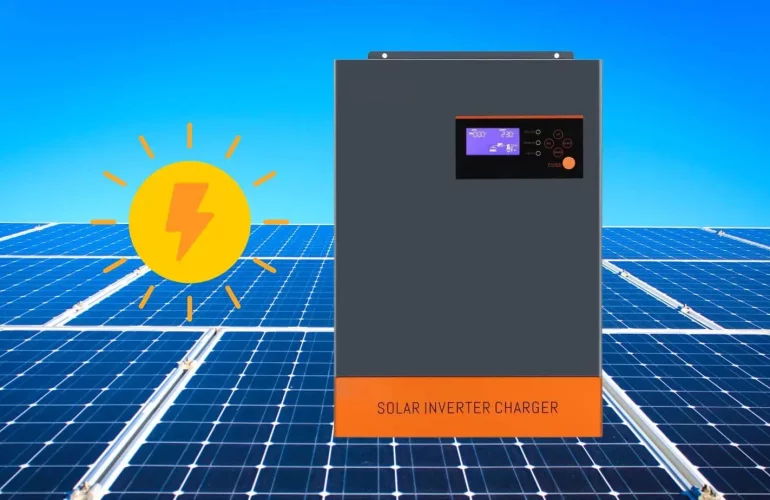Solar System for Homes in Uganda
The demand for solar systems in homes has been on the rise in Uganda due to the numerous benefits they offer. Solar energy is a clean and renewable source of power that can help households reduce their reliance on expensive and unreliable grid electricity. In this article, we will explore the concept of solar systems for homes in Uganda, discussing their advantages, types, installation process, and cost-effectiveness.
Why Choose Solar Systems for Homes?
The demand for solar systems in homes has been on the rise in Uganda due to the numerous benefits they offer. Solar energy is a clean and renewable source of power that can help households reduce their reliance on expensive and unreliable grid electricity. In this article, we will explore the concept of solar systems for homes in Uganda, discussing their advantages, types, installation process, and cost-effectiveness.
Advantages of Solar Systems
Solar systems have several advantages that make them an attractive option for homeowners in Uganda. Here are some key benefits:
Cost Savings: By harnessing solar energy, homeowners can significantly reduce their electricity bills. Solar power is free once the system is installed, and excess energy can be sold back to the grid, earning homeowners additional income.
Reliable and Independent: Solar systems provide a reliable source of electricity, even in remote areas without access to the grid. This independence from the national power grid ensures uninterrupted power supply, especially during blackouts or load shedding.
Environmentally Friendly: Solar energy is a clean and renewable source of power, which helps to reduce carbon emissions and combat climate change. Choosing solar systems contributes to a greener and more sustainable future.

Types of Solar Systems For Homes
There are two main types of solar systems for homes in Uganda: grid-tied systems and off-grid systems.
Grid-Tied Systems: These systems are connected to the national power grid. They generate electricity from solar panels, which can be used directly in the home. Excess energy is fed back into the grid, and homeowners can receive credits or payments for the electricity they produce.
Off-Grid Systems: Off-grid systems operate independently of the grid. They consist of solar panels, a battery bank for energy storage, and an inverter to convert the stored energy into usable AC power. These systems are ideal for homes in remote areas without grid connectivity.
Talk To our experts: +256-789-931735
Installation Process
Installing a solar system for your home in Uganda requires careful planning and professional expertise.
Here are the key steps involved:
Site Assessment: A solar installer will visit your home to assess its suitability for a solar system. Factors such as roof orientation, shading, and available space will be evaluated.
System Design: Based on the site assessment, the installer will design a solar system tailored to your home’s specific needs. This includes determining the number of solar panels, battery capacity (if applicable), and inverter size.
Permitting and Approvals: Before installation, necessary permits and approvals from the local authorities may be required. Your solar installer will handle the paperwork and ensure compliance with regulations.
Installation: The solar panels will be mounted on your roof or on a ground-mounted structure. Wiring and connections will be made, and the inverter and battery (if applicable) will be installed.
Commissioning and Testing: Once the system is installed, it will be commissioned and thoroughly tested to ensure it is functioning optimally and safely.
Cost-Effectiveness of Solar Systems For Homes
The cost-effectiveness of solar systems depends on various factors such as the size of the system, energy consumption, and available sunlight. While the initial investment may seem significant, solar systems offer long-term financial benefits.
Here are some cost-related aspects to consider:
Return on Investment: Solar systems have a payback period, usually between 5 to 8 years, after which the electricity generated is essentially free. Over the system’s lifespan of 25 to 30 years, homeowners can save a substantial amount on electricity bills.
Government Incentives: In Uganda, there are government incentives, such as tax credits and subsidies, to encourage the adoption of solar systems. These incentives can significantly reduce the upfront cost of installation.
Maintenance and Operational Costs: Solar systems require minimal maintenance and have low operational costs compared to conventional power sources. Regular cleaning of solar panels and occasional inspections are generally sufficient to ensure optimal performance.
Cost-Effectiveness of Solar Systems For Homes
Solar systems for homes in Uganda offer numerous benefits, including cost savings, reliability, and environmental sustainability. By investing in a solar system, homeowners can reduce their electricity bills, gain energy independence, and contribute to a greener future. With the availability of various government incentives and the declining costs of solar technology, now is an opportune time to consider installing a solar system for your home.
FAQs
Yes, solar systems can be installed in various types of homes, including residential houses, apartments, and even rural cottages.
Solar systems have minimal maintenance requirements. Regular cleaning of solar panels and occasional inspections are typically sufficient.
While solar systems are most effective under direct sunlight, they can still generate electricity on cloudy days, albeit at a reduced capacity.
Solar systems have a lifespan of 25 to 30 years, during which they can continue to generate electricity efficiently.
Yes, solar systems are modular and can be expanded by adding more solar panels or increasing battery capacity to accommodate increased energy requirements.




